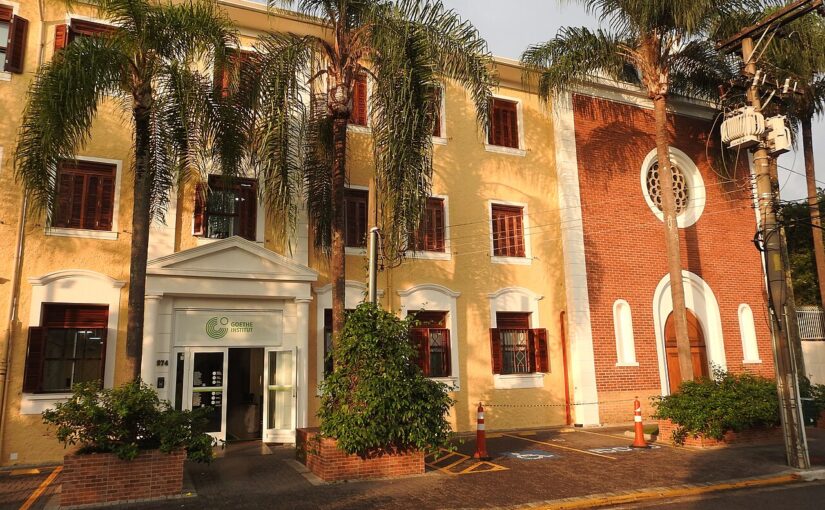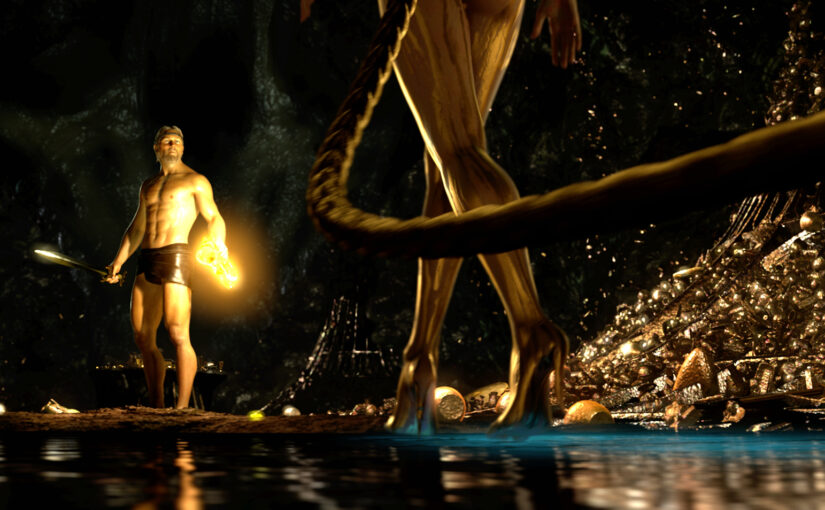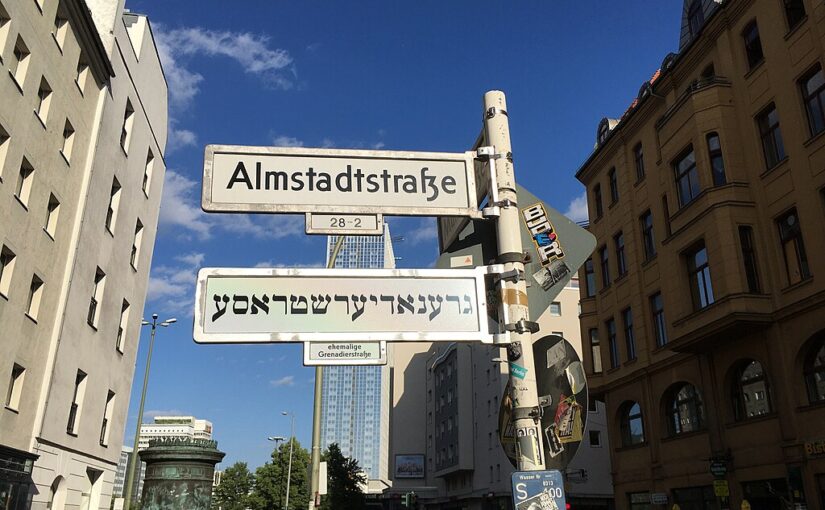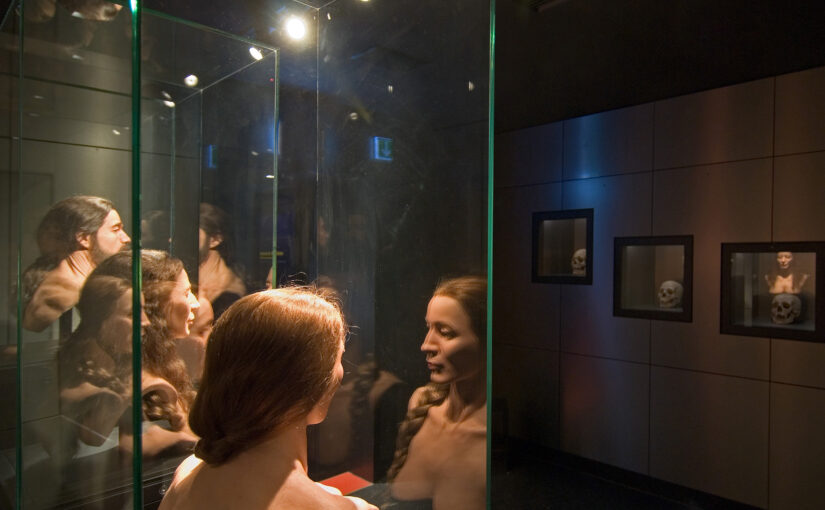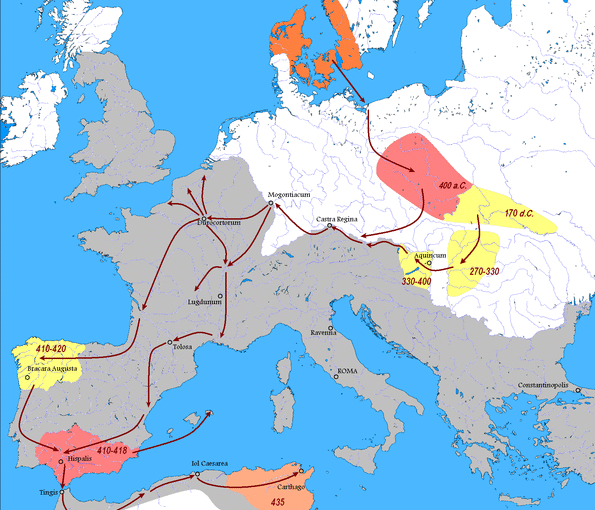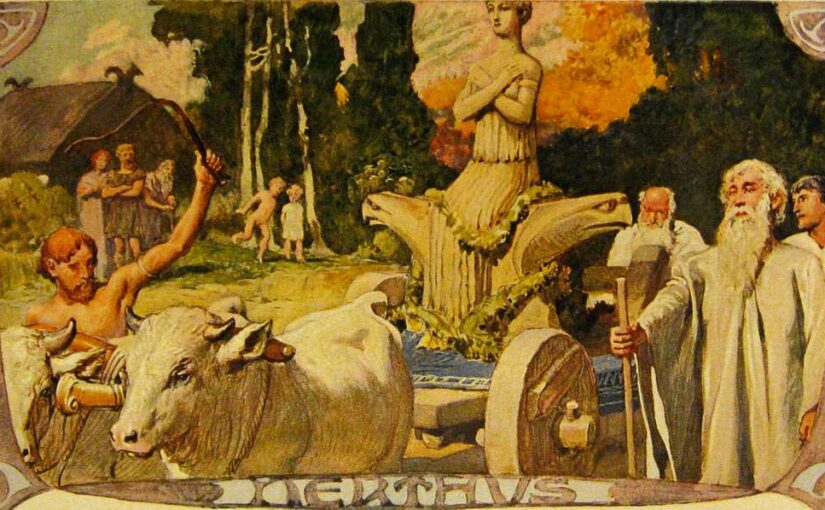Learning German opens doors to conversations, career opportunities, and cultural connections that stretch far beyond textbooks and grammar exercises. One organization stands at the center of this global network: the Goethe-Institut, which operates 150 centers across 99 countries and organizes roughly 20,000 cultural events each year. From concerts and poetry readings to film festivals and contemporary art exhibitions, these programs invite audiences worldwide into the vibrant landscape of German arts and literature. For language learners, participation in these events transforms abstract vocabulary into living culture, offering a deeper understanding of how the German language shapes and reflects creative expression.
The institute’s cultural programming reflects its core belief that language thrives through lived experience. Events attract millions of participants annually (6.6 million people in recent counts), demonstrating that German cultural dialogue resonates far beyond the classroom. Whether attending a local exhibition or streaming a digital performance, learners find themselves immersed in authentic contexts where language becomes a gateway rather than a destination.
Continue reading Bridging Cultures Through German Arts: Inside the Goethe-Institut’s Global Mission